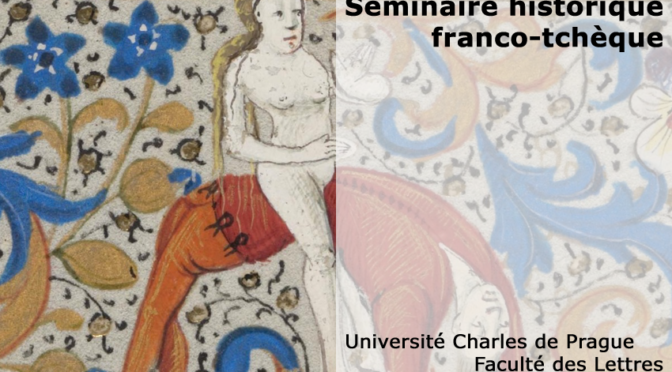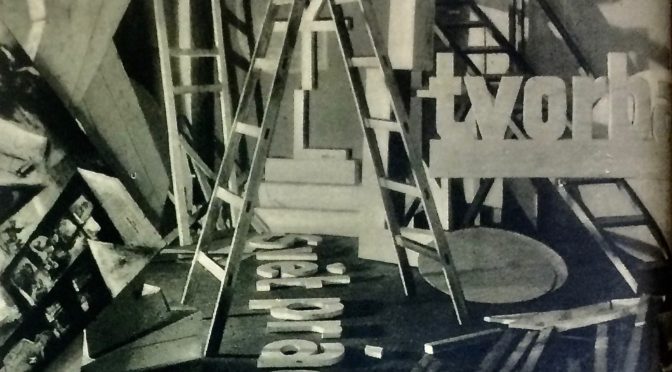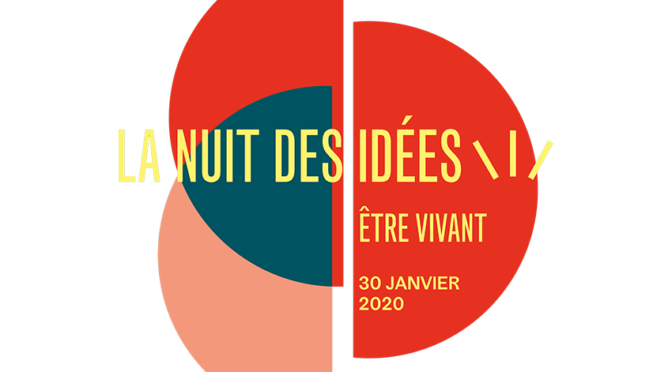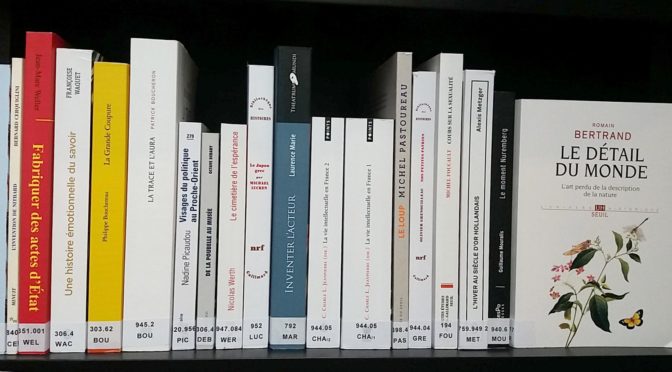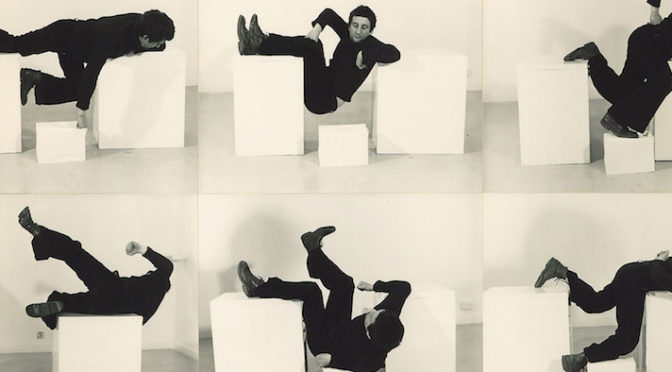International Workshop
Date & Venue: 26th -27th February 2020, Institute of Art History, CEFRES, Lower Hall, Prague
Organizers: Institute of Art History (CAS) & CEFRES
In partnership with: Institute of Contemporary History (CAS), Université Paris-Nanterre, within the Strategy AV21 framework
Language: English
This international workshop examines the legacy of worker photography as museum object, cultural heritage and history in East-Central Europe from 1945 until today. How was worker photography preserved, historized, and mediated in East- Central European museums?
Program
Wednesday 26 February 2020
Institute of Art History, Husova 4, Prague 1
16.30-17.30 Keynote Lecture
Christian Joschke (Université Paris-Nanterre, Paris)
“How German Communists Invented French Radical Photography. Regards and Arbeiter Illustrierte Zeitung (1928-1936)”
17.30 Discussion
Thursday 27 February 2020
CEFRES, Na Florenci 3, Prague 1
9.45-10.00 Registration
10.00-10.30 Welcome and Introduction
Jérôme Heurtaux (CEFRES, Prague)
Petra Trnková (PHRC, De Montfort University, Leicester / Photography Research Centre, Institute of Art History, Czech Academy of Sciences, Prague)
Fedora Parkmann (Institute of Art History, Czech Academy of Sciences / CEFRES, Prague)
Panel 1: Photographs in Changing Contexts
Chair: Christian Joschke (Université Paris-Nanterre)
10.30-11.00
Lucia Almášiová (Slovak National Gallery, Bratislava).
“From Amateur Social Criticism to Institutional Art”
11.00-11.30
Katalin Bognár (Hungarian National Museum, Budapest)
“Uses of Interwar Worker Photographs in post-1945 Hungarian Public Collections”
11.30-11.45 Coffee break
11.45-12.15
Fedora Parkmann (Institute of Art History, Czech Academy of Sciences / CEFRES, Prague)
“The Family Photographs of Antonín Zápotocký: between Private and Public Memory”
12.15-12.45
Anna Hejmová (Arts and Theatre Institute, Czech Academy of Sciences / Academy of Arts, Architecture and Design, Prague)
Continuity and Discontinuity in the Iconology of Physical Culture Photography in the Interwar and Postwar Period
12.45-13.00 Discussion
13.00-14.30 Lunch break
Panel 2: Institutional Practices
Chair: Petra Trnková (PHRC, De Montfort University, Leicester / Photography Research Centre, Institute of Art History, Czech Academy of Sciences, Prague)
14.30-15.00
Andreas Ludwig (Leibniz-Zentrum für Zeithistorische Forschung, Potsdam)
“Contemporary Collecting in History Museums: Material Evidence or Cultural Memory as Concurring Conceptions – GDR, Sweden, West-Germany”
15.00-15.30
Tomáš Kavka (National Museum, Prague) – Čeněk Pýcha (Institute for the Study of Totalitarian Regimes, Prague)
“Museum of the Working Class Movement for the 21st Century”
15.30-16.00
Françoise Mayer (Université Paul Valéry, Montpellier).
“Communism in Museum: What Kind of Challenge?”
16.00-16.15 Discussion and Conclusion
The workshop is supported by the Czech Academy of Sciences within the Strategy AV21 framework, the CEFRES in Prague and Université Paris-Nanterre (HAR EA 4414).

